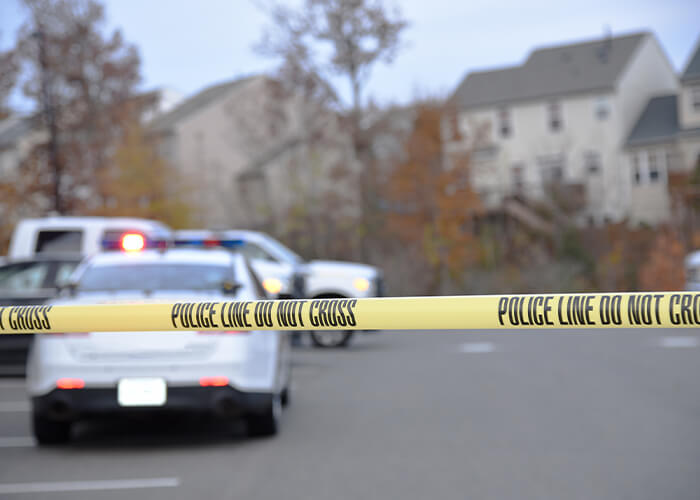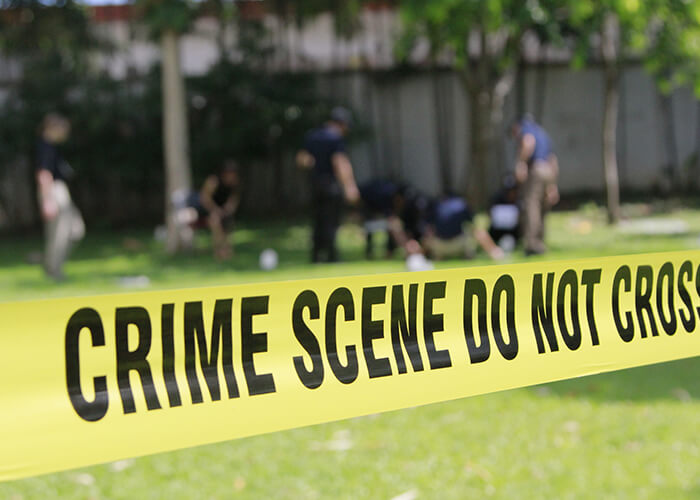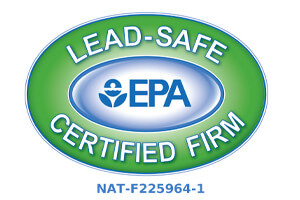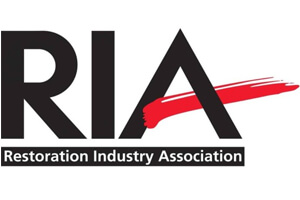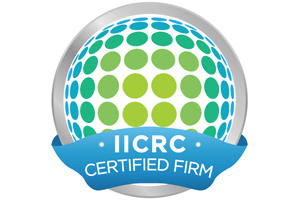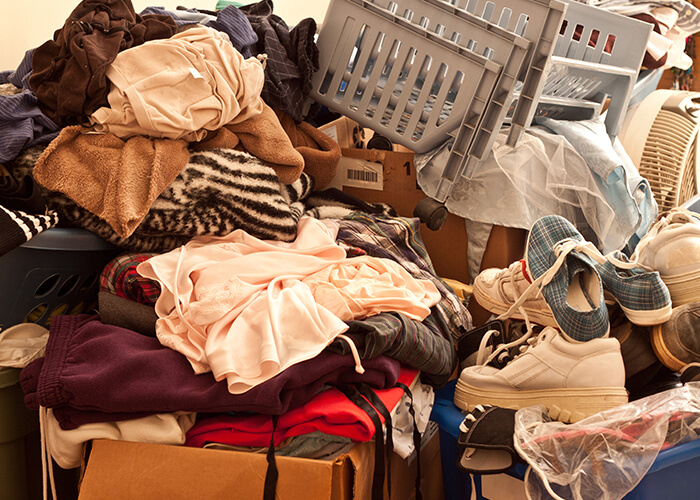
Diagnosing A Hoarder For Treatment
Diagnosing a hoarder can be very difficult because compulsive hoarders often don’t even know that they have a problem. Moreover, hoarders are often defensive or even combative when their behavior is called into question. But to most people a compulsive hoarder is easy to spot as:
- Someone who collects large volumes of items that have no use or value.
- Someone who struggles to live a normal life around their compulsive collecting.
- Someone who cannot make use of their home because they have too much junk piled around.
- Someone who feels ashamed of their home and living conditions.
- Someone who is uncomfortable allowing others into their homes or touching their items.
- Someone who cannot properly organize and keep their home clean.
- Someone who is unable to make decisions about what to do with their possessions.
- Someone who excessively procrastinates in dealing with their hoarding problem.
The challenge lies in a compulsive hoarder’s belief that the items that they collect may have use or value in the future. As an example, many people compulsively collect newspapers under the belief that one day the mundane daily news could be a valuable collectible.
Mild cases of hoarding are common and do not generally have much effect on the hoarder’s daily life. However, hoarding disorder tends to become more severe as time passes, and extreme conditions can be devastating.
Severe hoarding can result in loss of living space, the inability to follow routine hygiene regimens, the inability to cook, eat, or sleep around the mess, unsanitary living conditions, fire hazards, and many other health concerns. When hoarding becomes this extreme it is very important to visit with a doctor or mental health professional for a diagnosis and proper hoarding treatment.
Hoarding Treatment Medications
Unfortunately, there hasn’t been much research into effective medications for compulsive hoarding treatment. However, doctors and mental health experts usually recommend an antidepressant known as selective serotonin reuptake inhibitors or SSRIs. Paroxetine, commonly called Paxil, is the most common medication used in hoarding treatment.
Results of using medication to treat hoarding disorder have been mixed, and while there have been many success stories, the medication route for hoarding treatment doesn’t work for everyone.
Hoarding Treatment Therapy
Therapy is the most effective tool in hoarding treatment, though it can be a long and difficult experience. Though some mental health professionals take different approaches in hoarding treatment, the normal method of treatment includes:
- Exploration of the compulsive need to hoard.
- Learning to organize possessions to help with the decision to discard items.
- Improving decision-making skills.
- Removing clutter from the home during in-home therapist visits.
- Practicing relaxation and self-confidence exercises.
- Allowing periodic home visits to help maintain healthy living habits.
Many therapists also encourage family members and friends to participate in treatment sessions to help the hoarder understand the impact of their need to hoard and for ongoing moral support.
Therapy can be very time-consuming as it takes time for hoarders to come to terms with their disorder and progress through the stages of treatment. Therapists usually avoid making their clients feel uncomfortable by forcing them to proceed before they’re ready. Such actions can be detrimental to the hoarding treatment in general.
The Most Important Step Of Hoarding Treatment
Once a hoarder decides that it is time for change their home must be de-cluttered, organized and sanitized. However it is important to remember that hoarding often carries serious health and safety concerns, such as:
- Moldy garbage or food stuffs.
- Animal (and possibly human) feces and urine.
- Hazardous chemicals.
- Decomposing animal carcasses, such as rats.
- Bug, mouse, and other vermin nests and leavings.
For this reason it is recommended that you consult with a professional hazardous waste removal team to assist during the clean-up effort. BioteamAZ’s team provides hoarding cleanup services to residents of Phoenix, Scottsdale, Tucson, and the entire state of Arizona.
